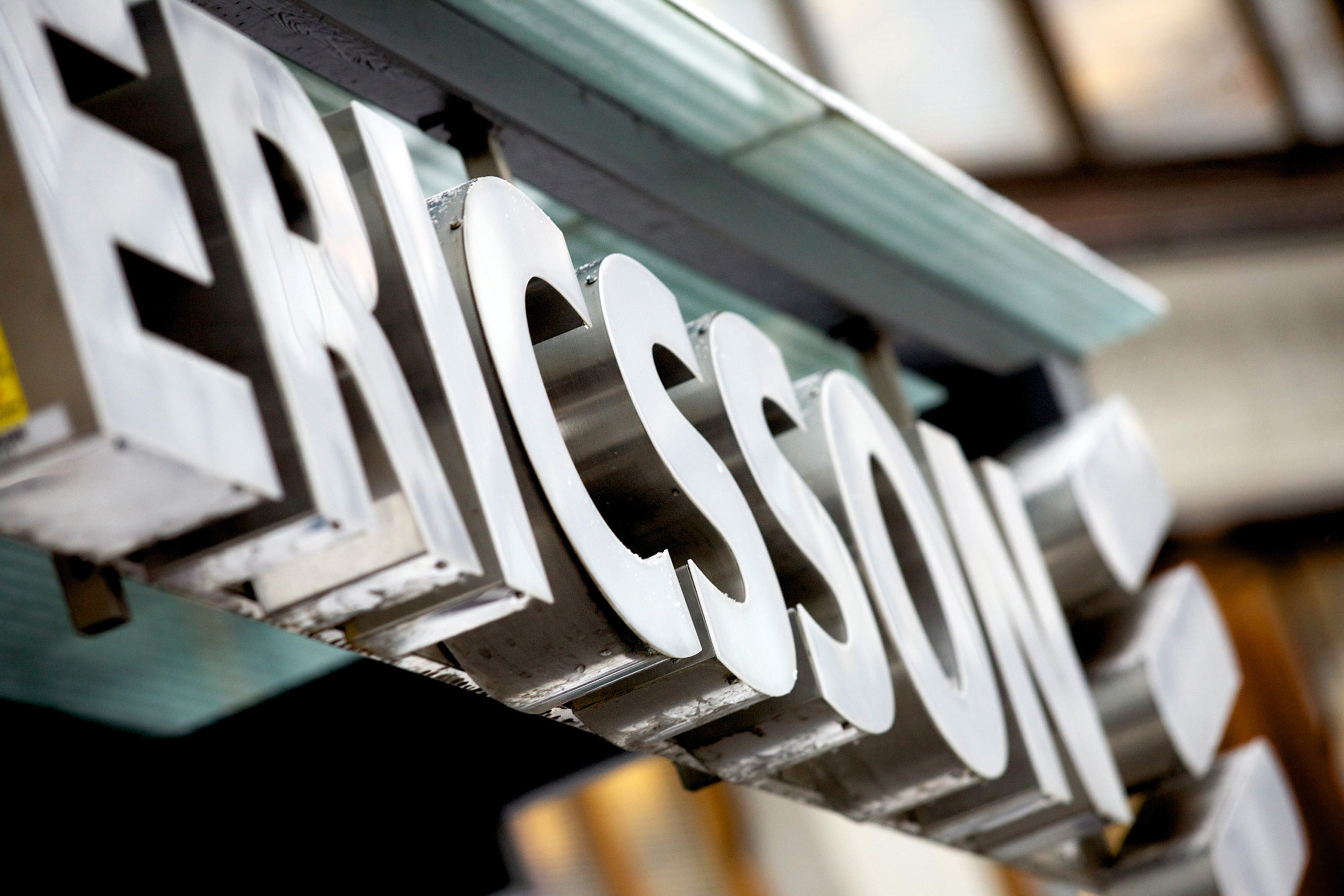- Ericsson Invents Solutions to Bridge Digital Divide
Ericsson has invented another set of solutions, which will help bring mobile broadband coverage to the remaining three billion people who are either underserved or without mobile broadband access.
The new solutions, which include software and hardware additions to Ericsson Radio System, provide the capabilities needed to reduce the total cost of ownership by up to 40 per cent.
This, Ericsson said, would make investment in low Average Revenue Per User markets viable.
To complement the deployment of the solutions are new mobile broadband tools, which allow operators to identify which sites in a GSM/EDGE coverage area have the highest number of users who already have Internet-ready devices.
According to Ericsson, operators can then determine where it makes more sense to convert those sites first to the HSPA or 4G/LTE, “so that the greatest number of people will enjoy the benefits of mobile broadband.”
The Broadband Commission for Sustainable Development, co-chaired by the International Telecommunications Union and the United Nations Educational, Scientific and Cultural Organisation, had championed the vital role played by the Information and Communications Technology in laying the foundation for achieving the United Nations Sustainable Development Goals.
The Broadband Commission’s new report highlighted that the digital divide was shifting from basic telephony to Internet, and it estimated that it would cost $450bn to bring the next 1.5 billion people online.
The Head of Business Unit Network Products, Ericsson, ArunBansal, said, “These are among the most important additions to our product portfolio for mobile broadband coverage growth ever. Ericsson supports the International Telecommunication Union’s Connect 2020 target of ensuring that more than 50 per cent of people in the developing world are using the Internet by 2020.”
He also said, “In order to reach this goal, together, we will need to connect roughly 500,000 new users to the Internet each day. Ericsson continues innovating so that operators can create viable business even in rural or off-grid settings, and to make the most difference with every investment.”
The Principal Analyst, Intelligent Networks, Ovum, Daryl Schoolar, said, “These innovations address investment pain points while also considering the current situation and environment of many of these builds. Ericsson is unique in their multifaceted approach and focus on spurring mobile broadband adoption in these developing markets.”
The new solutions address the significant divide in Internet adoption between developed and developing countries – only four out of 10 people in developing countries are connected to the Internet.
About 15 per cent of the world’s population do not have access to electricity. And the innovations followed a trio of solutions for developing areas unveiled in February this year: Flow of Users, Zero Touch and Mobile Broadband Expander.
The Head of Region, sub-Saharan Africa, Jean-Claude Geha, said, “As of 2015, GSM/EDGE still accounted for close to 70 per cent of the total mobile subscriptions in sub-Saharan Africa.
“As a technology leader, we continuously seek to develop sustainable ways to provide quality mobile broadband coverage — even in the unconnected areas.”
He also said, “These energy-efficient solutions will enable operators to seamlessly identify underserved communities in the region, making it faster to introduce or improve the mobile broadband experience of their subscribers.
“This will open new opportunities in far flung areas in the region, creating access to new services such as mobile money, e-health, e-education and e-government, thereby transforming the way people play, learn and do business forever.”


 Billionaire Watch3 weeks ago
Billionaire Watch3 weeks ago
 Startups4 weeks ago
Startups4 weeks ago
 News4 weeks ago
News4 weeks ago
 News4 weeks ago
News4 weeks ago
 Bitcoin4 weeks ago
Bitcoin4 weeks ago
 Naira4 weeks ago
Naira4 weeks ago
 Forex3 weeks ago
Forex3 weeks ago
 Treasury Bills4 weeks ago
Treasury Bills4 weeks ago
























